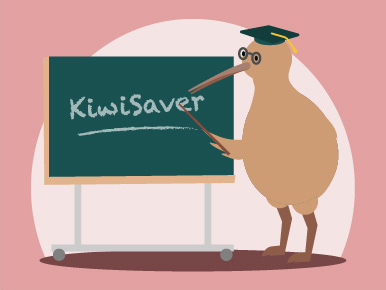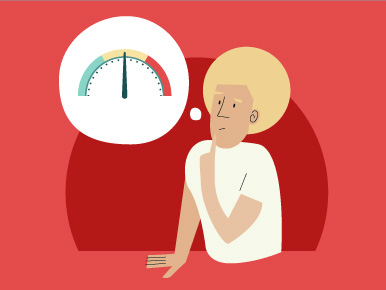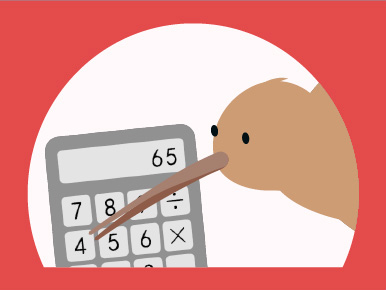Ever wondered when the right time is to talk to your children about saving and investing?
Financial education starts at home, and it begins with developing good savings habits. The sooner kids grasp the basics of personal finance and investing, the better equipped they may be to make informed decisions as they grow older. So, why not start today?
Cultivating a savings mindset
Saving is the cornerstone of investing. You can encourage a saving habit early by introducing allowances and helping them set saving goals.
If your child is young, using relatable analogies like “planting a seed and watching it grow” can help them understand how money can multiply over time if saved and invested wisely. The goal here is to make the practice of saving not just a chore, but an empowering and rewarding experience.
Using hands-on experiences
Hands-on experiences can be invaluable for understanding money. Whether it's a simple game involving toy cash registers, setting up a lemonade stand for school-aged kids, or helping teens organise a garage sale, these practical experiences provide insights into earning, saving, and spending money. Real-life situations make abstract concepts relatable and easy to understand
Practising age-appropriate financial education
If children are overwhelmed with information, they will probably lose interest pretty quickly. So, make sure you present the information in an age-appropriate manner. For example, a toddler may not understand the share market, but they might grasp the concept of saving coins in a piggy bank. As children grow, you can introduce more complex financial topics.
Making them part of the conversation
It can be a good idea to involve your child in family financial discussions (still with age-appropriateness in mind). Even if you're just explaining why you're buying a certain product instead of another, you're teaching them to think about value and cost. If your family donates to charity, this can also be a good opportunity to teach children about the broader impact of money and the importance of giving back.
Finding money apps for children
Technology can make learning about money more engaging. There are many apps and online courses that gamify the learning experience, from budgeting apps aimed at teenagers to interactive websites that teach younger children about currency. If your child is tech-savvy, an app might be the way to go.
Now, the big question: KiwiSaver for your children or not?
As a parent, you may have asked yourself this question at some point. The answer, of course, depends on your situation, but here are some things to consider.
While enrolling your child in KiwiSaver could help them learn about the importance of long-term saving, the funds are locked in until the age of 65. That is, unless your child decides to use them for a first home. But what if they don’t want to buy their first home? That money can’t be accessed for other goals, like education or travel.
Just something to think about!
Like to talk?
If you have any KiwiSaver-related questions, please don’t hesitate to contact us. You can call us on 0800 800 400, start a Live Chat or fill in this form to get in touch.
Disclaimer: Please note that the content provided in this article is intended as an overview and as general information only. While care is taken to ensure accuracy and reliability, the information provided is subject to continuous change and may not reflect current developments or address your situation. Before making any decisions based on the information provided in this article, please use your discretion and seek independent guidance.












